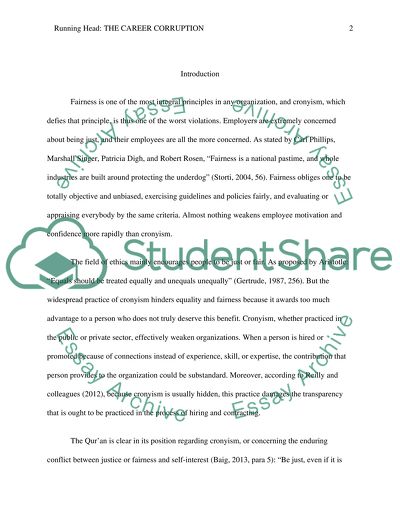Cite this document
(“The career corruption by mediation and cronyism Essay”, n.d.)
Retrieved from https://studentshare.org/law/1404147-the-career-corruption-by-mediation-and-cronyism
Retrieved from https://studentshare.org/law/1404147-the-career-corruption-by-mediation-and-cronyism
(The Career Corruption by Mediation and Cronyism Essay)
https://studentshare.org/law/1404147-the-career-corruption-by-mediation-and-cronyism.
https://studentshare.org/law/1404147-the-career-corruption-by-mediation-and-cronyism.
“The Career Corruption by Mediation and Cronyism Essay”, n.d. https://studentshare.org/law/1404147-the-career-corruption-by-mediation-and-cronyism.


